Revolutions as Organizational Change:The Communist Party and Peasant Communities in South China, 1926–1934 | 維持健康的好方法 - 2024年7月
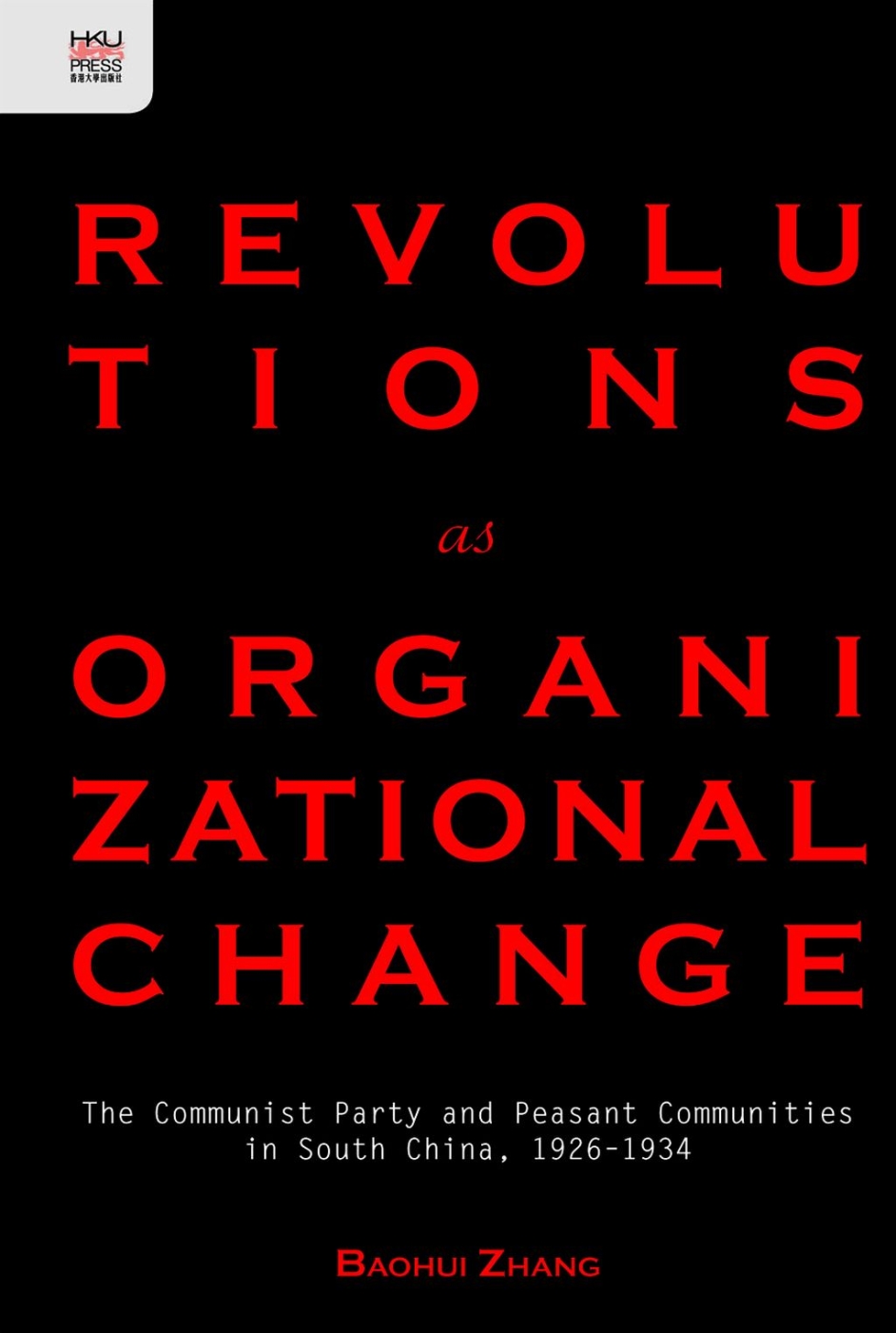
Revolutions as Organizational Change:The Communist Party and Peasant Communities in South China, 1926–1934
By comparing peasant revolutions in Hunan and Jiangxi between 1926 and 1934, Revolutions as Organizational Change offers a new organizational perspective on peasant revolutions. Utilizing newly available historical materials in the People’s Republic of China in the reform era, it challenges the established view that the great Chinese revolution of the twentieth century was a revolution “made” by the Chinese Communist Party (the CCP).
The book begins with a puzzle presented by the two peasant revolutions. While outside mobilization by the CCP was largely absent in Hunan, peasant revolutionary behaviors were spontaneous and radical. In Jiangxi, however, despite intense mobilization by the CCP, peasants remained passive and conservative. This study seeks to resolve the puzzle by examining the roles of communal cooperative institutions in the making of peasant revolutions. Historically, peasant communities in many parts of the world were regulated by powerful cooperative institutions to confront environmental challenges. This book argues that different communal organizational principles affect peasants’ perceptions of the legitimacy of their communal orders. Agrarian rebellions can be caused by peasants’ attempts to restructure unjust and illegitimate communal organizational orders, while legitimate communal organizational orders can powerfully constrain the mobilization by outside revolutionary agents such as the CCP.
作者簡介
Baohui Zhang
Baohui Zhang is professor of political science at Lingnan University, Hong Kong. He received his PhD from the University of Texas in Austin. His research interests include political change, Sino-US relations, and international relations of the Asia Pacific.
 議題思考:用單純的心面對複雜問題,...
議題思考:用單純的心面對複雜問題,... 「懂事」總經理的30個思考:工作不...
「懂事」總經理的30個思考:工作不...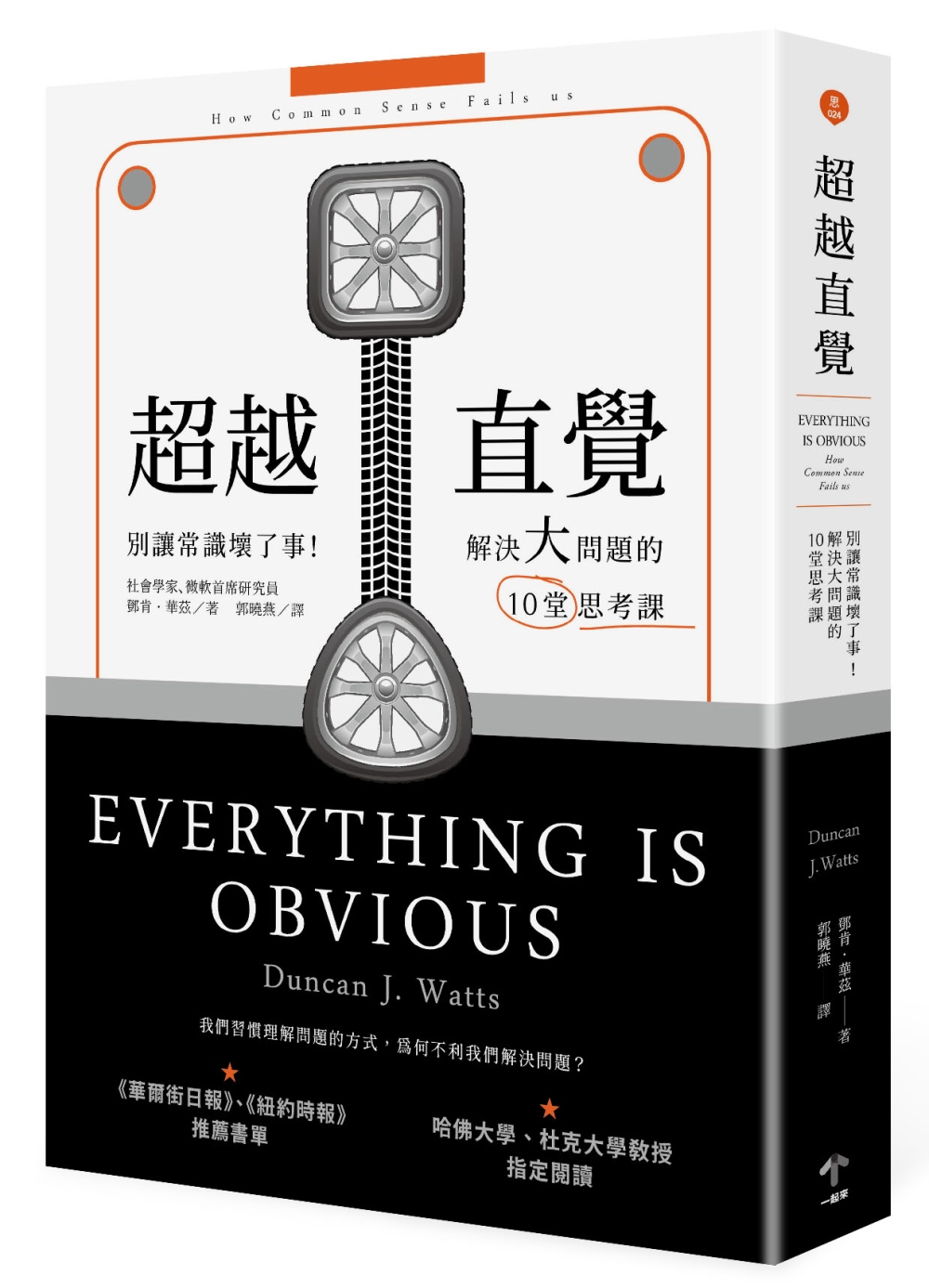 超越直覺:別讓常識壞了事!解決大問...
超越直覺:別讓常識壞了事!解決大問...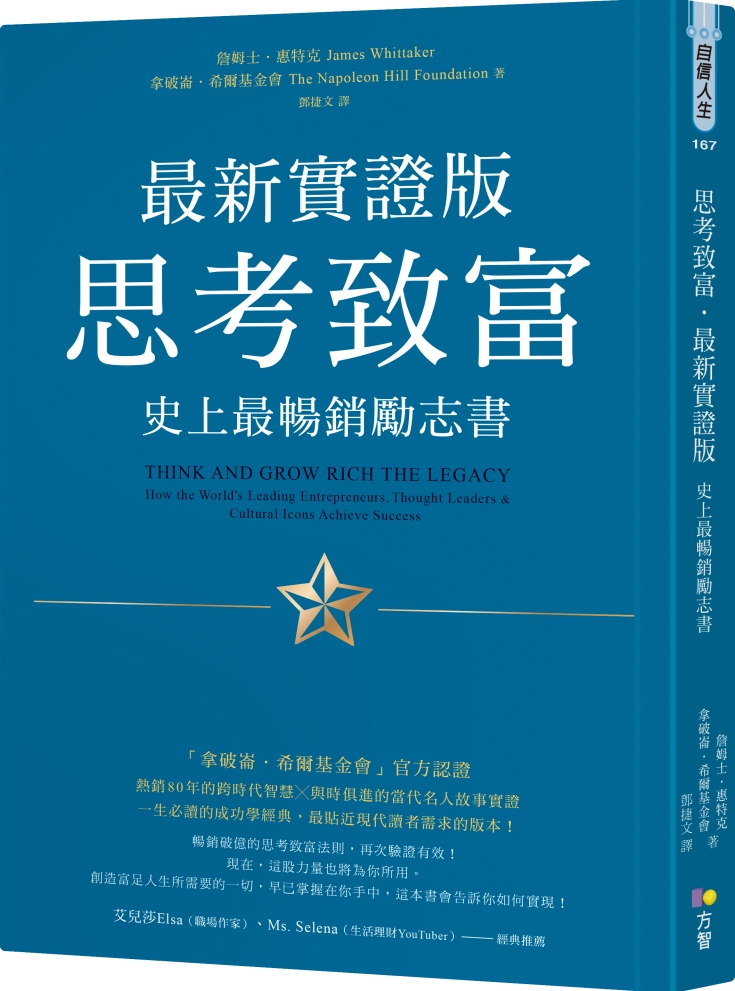 思考致富.最新實證版:史上最暢銷勵志書
思考致富.最新實證版:史上最暢銷勵志書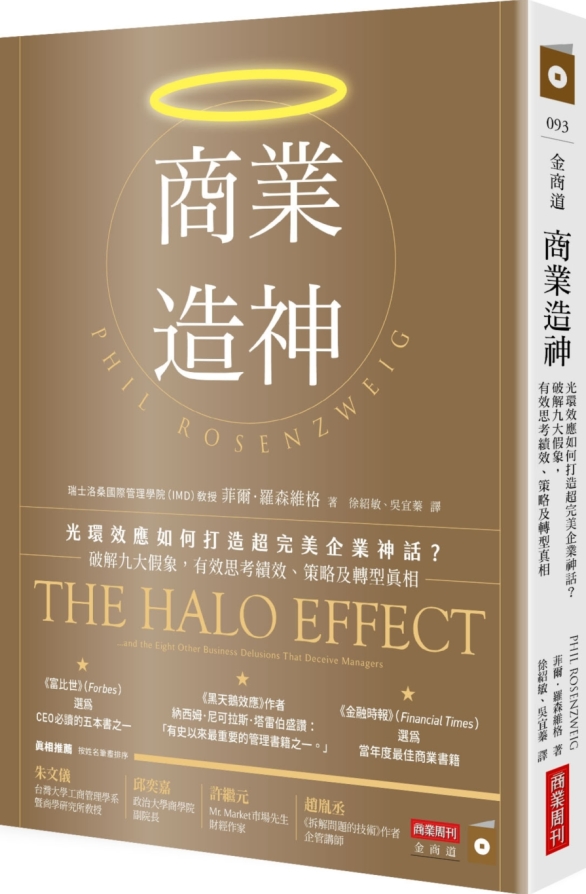 商業造神:光環效應如何打造超完美企...
商業造神:光環效應如何打造超完美企...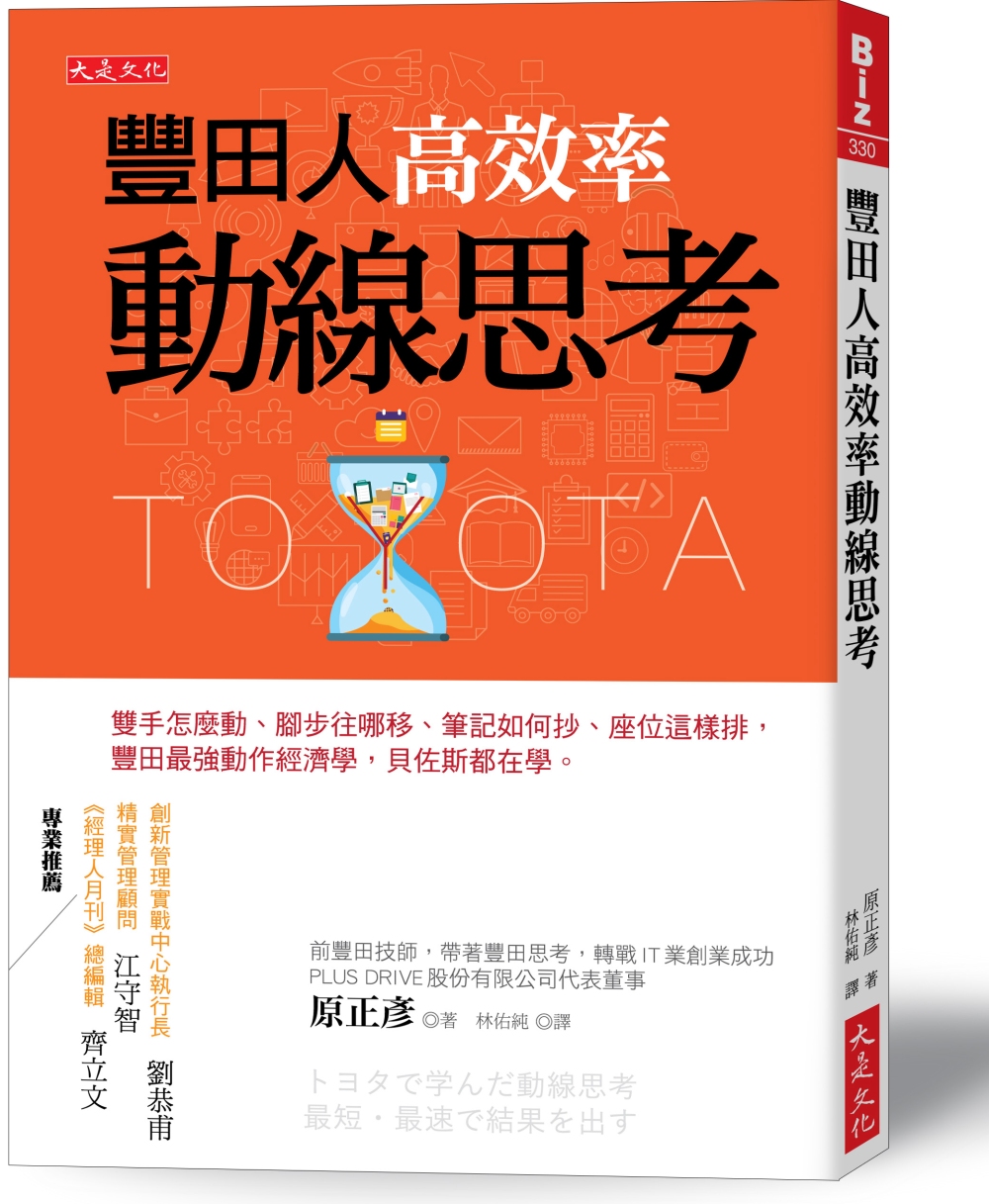 豐田人高效率動線思考:雙手怎麼動、...
豐田人高效率動線思考:雙手怎麼動、...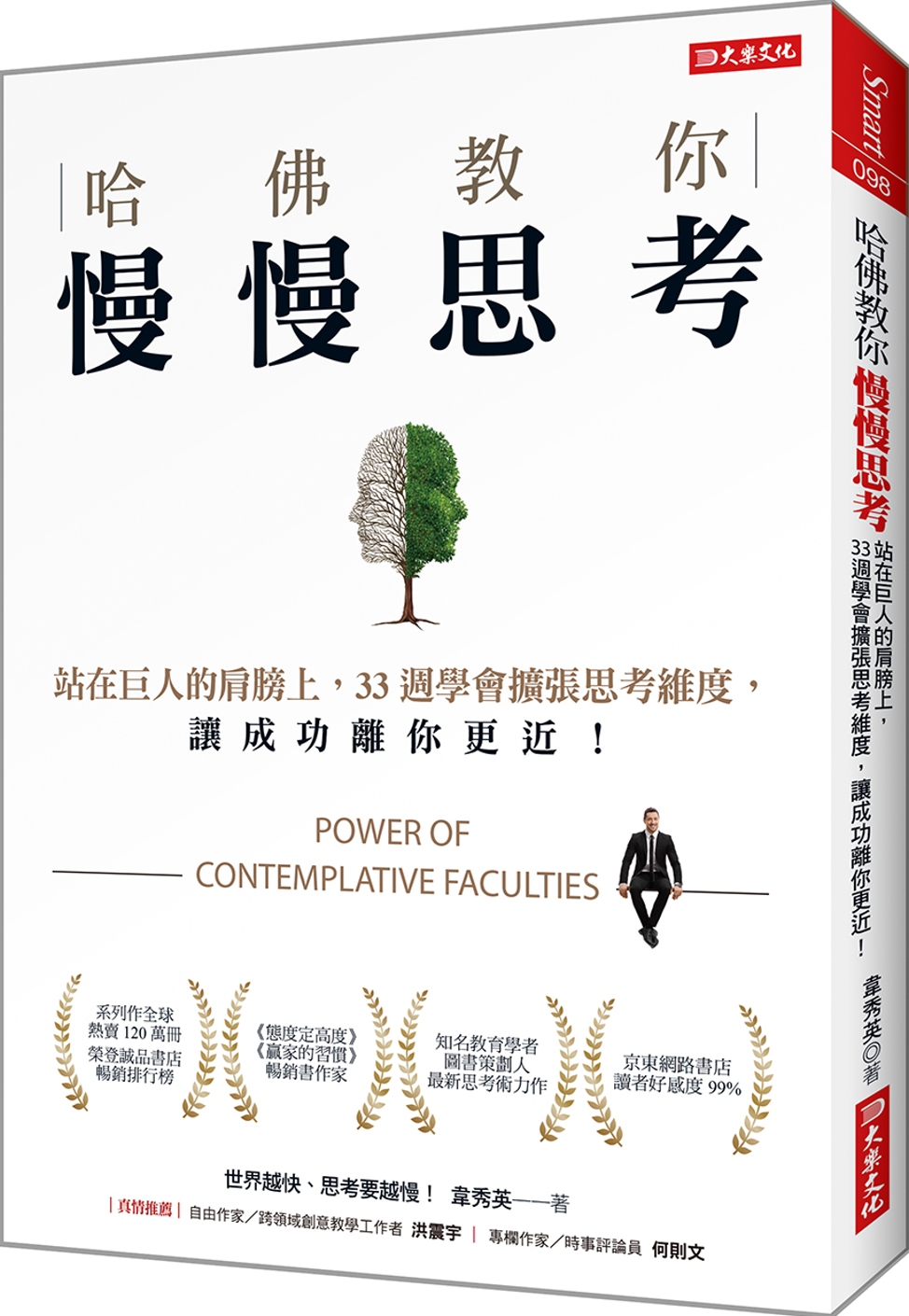 哈佛教你 慢慢思考:站在巨人的肩膀...
哈佛教你 慢慢思考:站在巨人的肩膀...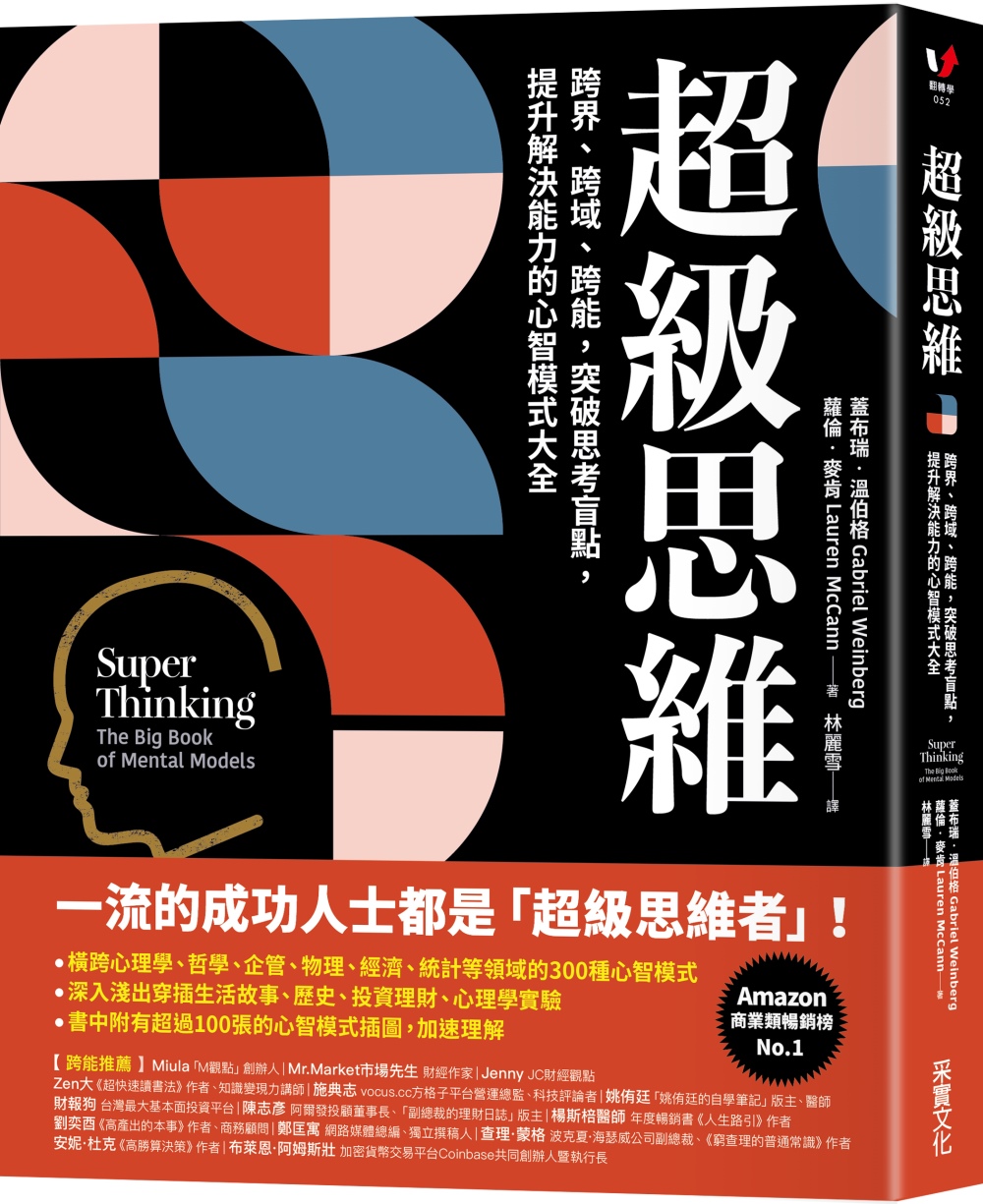 超級思維:跨界、跨域、跨能,突破思...
超級思維:跨界、跨域、跨能,突破思... 思考
思考 財務自由,提早過你真正想過的生活:...
財務自由,提早過你真正想過的生活:...